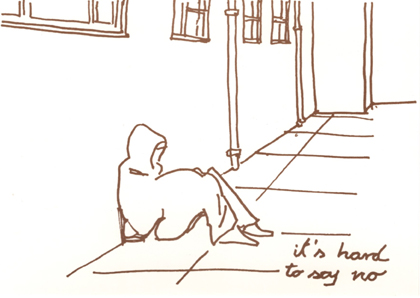Engagement
The Trust is quite clear: we think that the arts provide some of the
most effective ways to reach and engage young people, especially those
most at risk. It isn’t too difficult to understand why. Young people
from disadvantaged social and family backgrounds don’t find it easy to
relate to school and education. Nevertheless, they are part of society
and are strongly influenced by peers and their culture. Without the
academic tools school offers, they rely on other routes to understand
the world they live in. This is where the arts – particularly the
performing arts – can provide meaning that is instantly recognisable and
puts up the fewest barriers.
This has been understood by the arts sector for many years, but there is
a problem. Theatre in Education seemed to have lost its way in the 80s,
and even political theatre like Red Ladder, Belt & Braces and many
others couldn’t survive into the 90s. Yet highly committed performers
and writers have stuck in there to change young lives for the better,
mostly by surviving on a shoestring.
But why don’t they have enough funding when government strategies and
policies all agree – the arts are good for you? The case has been made
that cultural investment is vital if new communities are going to be
worth living in, but resistance to spending money on the arts in
regeneration is all too obvious. Why? Because they fall foul of the
accountant mentality of Britain’s civil servants – and this affects
every aspect of our lives.
Even though the DCMS can make a coherent case for the arts, other
high-spending government departments won’t invest without proof that the arts can deliver what they claim. And how do they expect this to be
provided? By measuring impact. And how do you measure impact? By using tools economists (accountants) judge are appropriate!
This has become a circular debate, which results in indecision and no
serious cultural investment. In simple terms, the argument goes if the
arts sector can’t provide evidence of impact, then why should government
invest at a time when money is in short supply? Even Arts Council
England judges it’s a success if it can retain its arts funding when
others are being cut, but given the way it spends money on the arts this
makes little difference to deprived communities around the country, or
to young people faced with joining a gang or carrying a knife. This is
where we think the Trust can do something, even if it means taking part
in the economists’ game.

